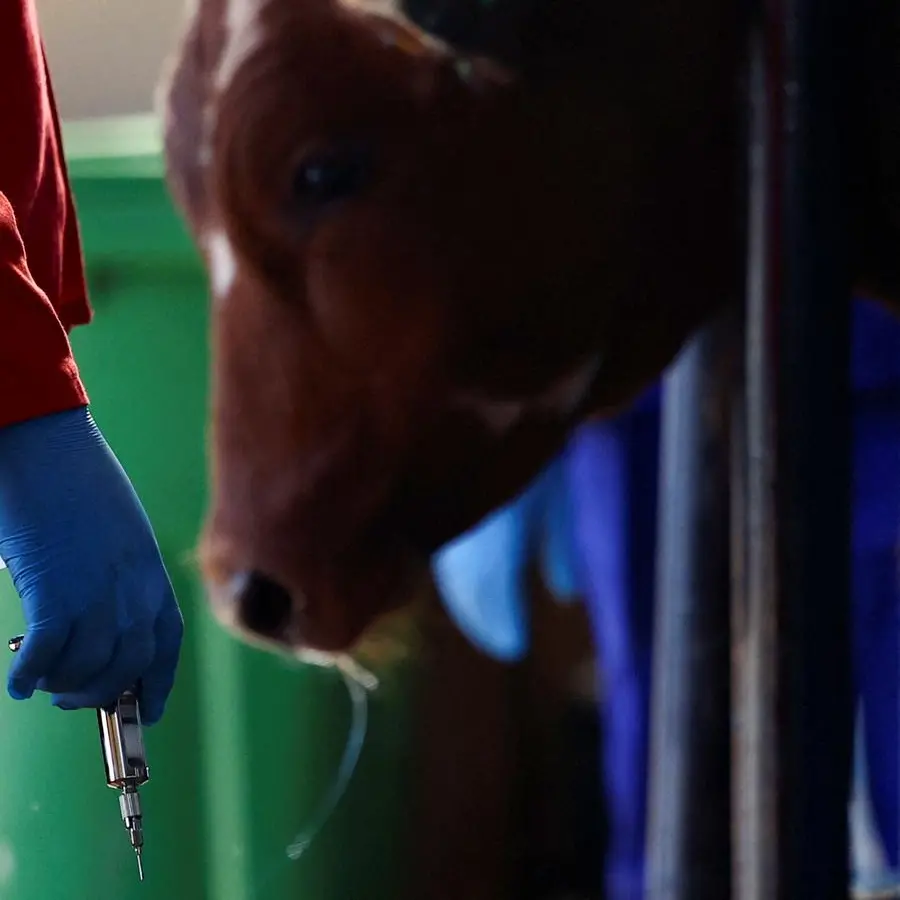PHOTO
Many healthcare facilities across the UAE have taken significant steps to incorporate sustainability into their daily practices. The initial focus of this effort has been with the elimination of single-use plastic bags within their units, with many institutions opting for eco-friendly alternatives such as paper bags.
Aster Pharmacies stopped the usage of plastic bags in 2020 itself. “We are looking at various ways to contribute to the environment and we came up with giving out paper bags in Aster Pharmacy,” said Dr Azad Moopen, founder and chairman of Aster DM Healthcare.
“In alignment with the UAE Government’s efforts to reduce plastic pollution, we have introduced eco-friendly stores with interiors built from sustainable and recyclable materials. At the pharmacy we have replaced 7.4 million plastic bags with recyclable paper bags to serve customers,” added Dr Moopen.
Similarly, the reduction and replacement of single-use plastic bags can be seen in RAK Hospital as well. “We started with giving away bags which can be used multiple times. However, since the beginning of 2024, we have been eliminating even the reusable plastic bags from our facilities in stages,” said Dr Raza Siddiqui, executive director of RAK Hospital.
Currently, 1,000 plastic bags are being replaced with environmentally friendly recyclable paper per day at the RAK Hospital.
Reducing paper usage
Healthcare facilities throughout the country have taken the initiative to eliminate the usage of paper for reports, receipts, registration, and medical documents. Speaking to Khaleej Times, heads of UAE health groups said that their hospitals will reduce the usage of paper by up to 90 per cent by this year's end.
“Our paper usage for medical records has significantly come down to 70 per cent and by this year-end we will be able to reduce the usage of paper much further. All our records are maintained digitally and we are further working to eliminate e-waste from our systems,” said Dr Moopen.
"Within healthcare operations, we've embraced electronic records and reports, minimizing the need for plastic films and significantly cutting down on paper usage," said Dr Thumbay Moideen, founder president of Thumbay Group.
“Additionally, we've switched to electronic receipts, which has helped to reduce paper waste even further,” he added.
Dr Siddiqui emphasizes the prevalent perception among patients that place significant importance on paper medical reports as a norm. “In response to this, we are starting an initiative to drastically reduce paper usage by 90 per cent during this year. The primary focus of this initiative is to raise awareness among patients regarding the advantages of opting for digital copies of their medical records,” said Dr Siddiqui.
Dr Siddiqui is implementing this initiative by displaying informative boards across all medical facilities. These boards will highlight the environmental benefits associated with avoiding the use of paper and plastic. “We must be developing strategies to create an environment that is more conducive to the well-being of future generations,” said Dr Siddiqui.
Efficient energy usage
“We explored effective strategies to diminish our dependency on fossil fuels, where we have integrated energy-efficient equipment and taken a significant leap towards renewable energy by installing solar panels in our parking lots and rooftops. Today, a substantial portion of our hospital units draw their energy from this sustainable source,” said Dr Moopen.
At RAK Hospital, strategic upgrades and eco-conscious choices have transformed the unit’s operational landscape. “We have installed a wet wall system for air-cooled chillers which has not only enhanced efficiency but significantly decreased the heat load. Our chiller management system, adapting to ambient temperature, ensures precise control over supply temperature,” said Dr Siddiqui.
“Old lamps made way for energy-efficient LEDs, minimizing power consumption. During winter, non-clinical areas enjoy free cooling, and the shift to VRF and inverter A/C units. In each step, we shape a greener future for our facility and community,” he added.
Similarly, Thumbay University Hospital has been proactively adopting renewable energy sources, switching to battery-operated equipment, and implementing sustainable practices at all the business divisions.
Water conservation
By integrating water-saving aerators in public areas, hospitals in the UAE have successfully reduced water consumption and made substantial savings on sewerage bills. This eco-friendly initiative showcases how small changes can lead to significant environmental and economic benefits within our facility.
“We have seen a 17 per cent reduction in consumption of water across operations, with 85,515 KL water savings achieved through innovative practices, including recycling across all our facilities,” said Dr Moopen.
During January 2023 to June 2023, RAK Hospital has saved 12.13 per cent of water consumption.
Waste management
Hospitals in the UAE have committed to responsible waste management, which has saved them a massive amount of money. Across Aster Healthcare Group, proper waste management has resulted in the recycling of 423,806 kg of waste.
“For this year, our waste recycling included 76,555 kilograms of plastic waste, 446,977 kilograms of paper waste, and 5,506 kilograms of e-waste. Our waste management practices encompass various categories, including biomedical, plastic, food, metals, paper, and cardboard,” said Dr Moopen.
Dr Siddiqui said that they have saved thousands because of proper sewerage waste management. “Over the same period of 6 months last year, switching to sustainable practices, we have saved a few hundred thousand dirhams on our overall utility bills."
Copyright © 2022 Khaleej Times. All Rights Reserved. Provided by SyndiGate Media Inc. (Syndigate.info).





















